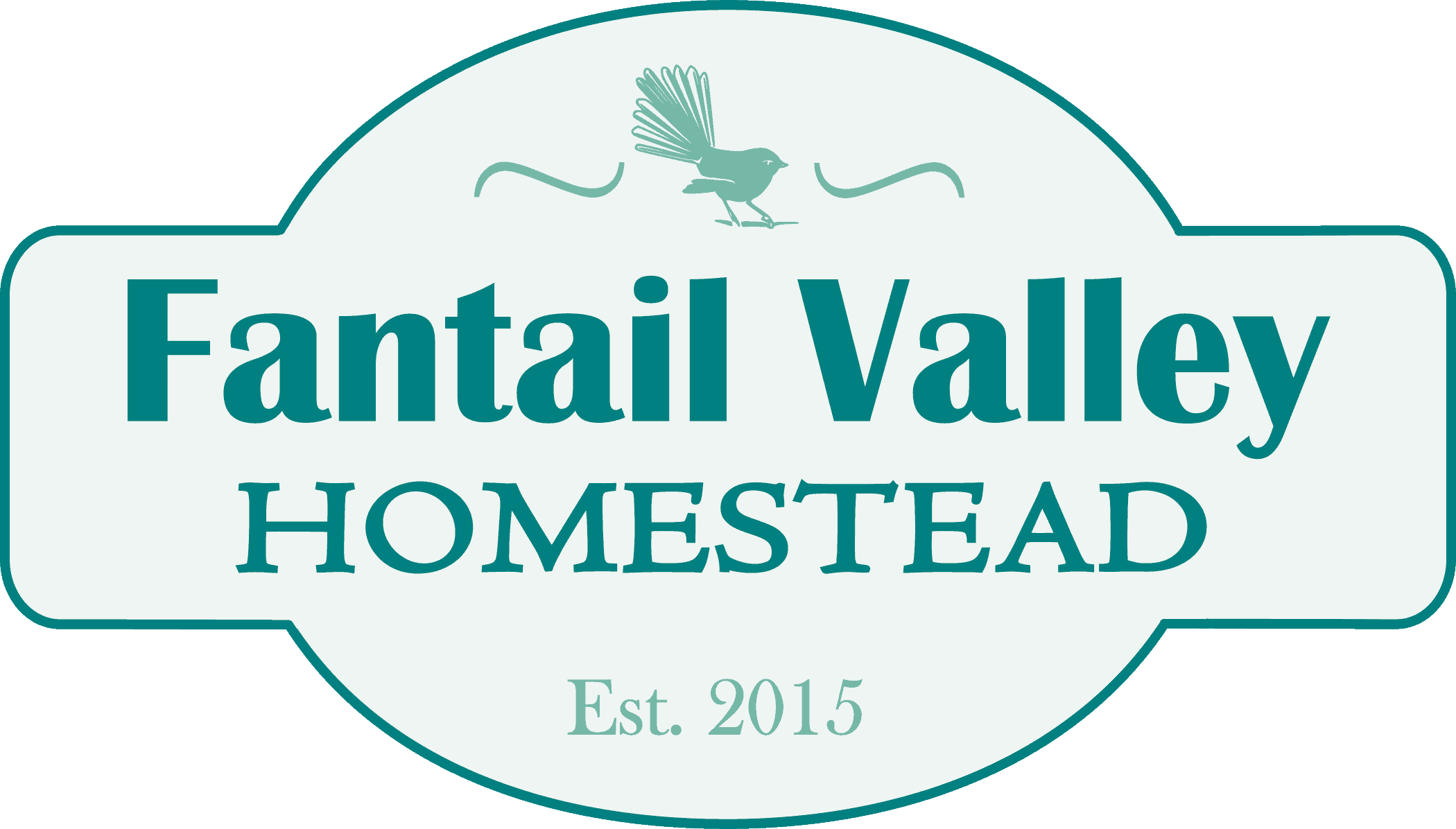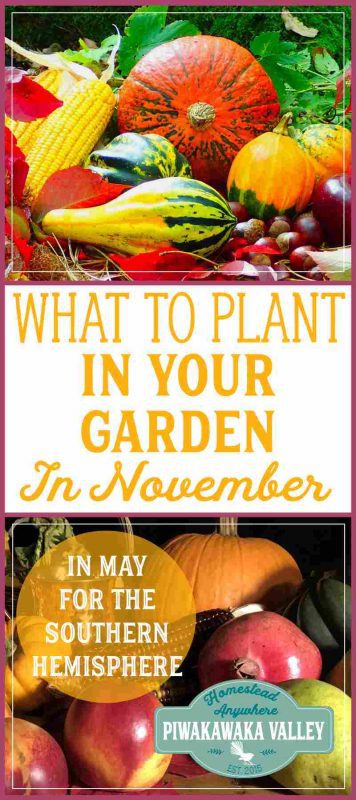This post was most recently updated on November 20th, 2017
Here is what to plant in your Fall vegetable garden in November if you are in the Northern Hemisphere and what to plant in your vegetable garden in May if you are in the Southern Hemisphere.
Please read: This information is provided for educational purposes only and is not intended to treat, diagnose or prevent any disease. We encourage you to make your own health care decisions in partnership with a qualified health care professional.
This post contains affiliate links, this means at no extra cost to you, we make a commission from sales. Please read our Disclosure Statement
What you can grow in your Fall garden varies significantly depending on where you live. In warmer places – Zones 8-10 you can keep planting outdoors, straight into the soil.
In cooler areas Zones 5-7 you can still sow some things, just start them indoors first.
Most seeds germinate best with a soil temperature of between 45-75F / 8-20C.
Make sure you keep new seedlings out of the baking sun, or the first frosts, and make sure everyone is well mulched and well watered.
To use the lists below, first you need to discover what USDA Zone you live in.
If you are looking for more information about vegetable gardening, I suggest that you also have a good read over our growing a prolific garden information.
We recommend that you get your seeds from Seeds for Generations as they are a homegrown, US family business specializing in heirloom seeds.
Jobs to do in the Garden in Late Fall
Jerusalem artichoke tubers are now ready to harvest. You can plant new plants by simply popping a tuber into the ground. You can plant them any time from now until early spring.
Earth up your celery and leeks to encourage plenty of white crispy growth.
This is also a good time to look at your herb garden and see what you would like to add or divide and spread around.
Strawberries are available in the stores now, or find a friend with some to give away! Plant them now before the ground gets to cluggy to work, this will ensure fruit early next summer. Fresh soil and fresh plants is recommended every two years to keep a good crop.
Remove any weeds and mulch the ground thickly to stop them returning while the bed is resting over the winter. Add a sprinkling of lime – 4oz/100g / 10 sq ft/1sq meter.
This is the perfect time of year to assess your garden.
Some things to think about include:
How good is the soil? What can you do to improve it?
Are there any wet, dry, hot, windy or shady spots that need to be remedied?
Is your garden suited to outdoor tomatoes, green beans, capsicum/chili?
It might be necessary to look at what has grown well and focus on growing the things that grow best.
Get yourself some manure – either from your own animals, a local farm or (last resort) a gardening store. Treat your whole garden to some manure and a thick layer of mulch.
Plant your garlic if you have not yet done so.
What to Plant in your November (or May) Fall Vegetable Garden Depending on your USDA Zone
All Zones should be starting your seeds back inside, or at least in a greenhouse or under covers.
Zone 1-3
Garlic
Turnips
Fava/Broad Beans
Zone 4-5
Garlic
Turnips
Fava/Broad Beans
Zone 6-7
Onions
Collard greens
Lettuce
Radish
Fava/Broad Beans
Zone 8-9
Beets
Collard greens
Onion (bulbing)
Broccoli
Kale
Onion (multipliers)
Brussel sprouts
Kohlrabi
Parsley
Cabbage
Leek
Radish
Mustard
Spinach
Chinese cabbage
Onion (bunching)
Strawberry
Fava/Broad Beans
Zone 10
Collard greens
Onion (bunching)
Onion (bulbing)
Beets
Endive/Escarole
Onion (multipliers)
Broccoli
Kale
Parsley
Brussel sprouts
Kohlrabi
Radish
Cabbage
Leek
Carrots
Lettuce
Turnips
Cauliflower
Mustard
For further reading, I really recommend all of these books. I own every one of them and they are amazing resources!
Please Pin and Share!







